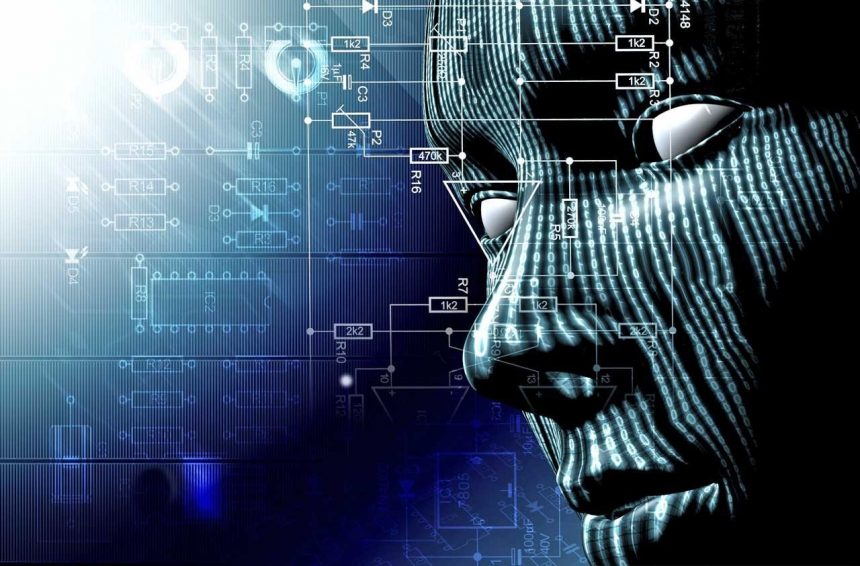By Natalie Taylor
It’s no secret that we humans have suffered immensely with the COVID-19 pandemic. There is no need to enumerate the countless slings and arrows—the deaths, fears, anger, anxiety, and stress. We have all agonized over the invisible global threat to our lives and the ensuing separation from society through lock downs and face coverings. As we have altered our normal modes of behavior in this new, uncharted world, our entire universe has changed into something very strange.
We are not the only ones who are reacting to this new state of affairs. Nature itself has reacted to the pandemic. In the absence of people milling about, some countries are reporting less pollution. Animals have also changed their behavior as a result of people in hiding—wild boars roam the streets of Barcelona, deer walk about a city in India, wild goats come into houses in Wales, and jackals take over a park in Tel Aviv.
But some nonliving entities have also been affected by the pandemic, including artificial intelligence (AI). In general terms, AI comprises programs that are fed information which they can later process, interpret, and act upon. They come in many guises and have varied levels of competency.
AI does best when the processes it is trained to do follow expected patterns; it does its worst when atypical events subvert the norm. If there was ever a giant black swan, it has come in the form of COVID-19, and AI is responding oddly, forcing humans to straighten it out.
A prime example is what happened at Amazon. With the onset of the pandemic, people started buying items in bulk that they usually bought only periodically and in small quantities. Instead of top selling items like phone cases and phone chargers, toilet paper, face masks, and hand sanitizers were at the top of the list. The usual system for reordering supplies was turned upside down and threw AI into a tailspin. Suddenly Amazon’s warehouses were filled with too many phones and not enough toilet paper and other pandemic-related items when orders started coming in!
Interestingly, by the end of February this year, the spread of the pandemic could be tracked according to what was being ordered around the globe: in Italy, Spain, France, Canada, and then the U.S.
Some AI is not responding well to the changes brought about by the pandemic, and human intervention is required to bring it back on track. On the other hand, AI has been incredibly helpful in so many areas of our lives. Something has become clear during the pandemic—how closely intertwined we are with AI. We have become partners; we depend on each other. Changes in our behavior affect how AI works and how it performs alters our behavior.

